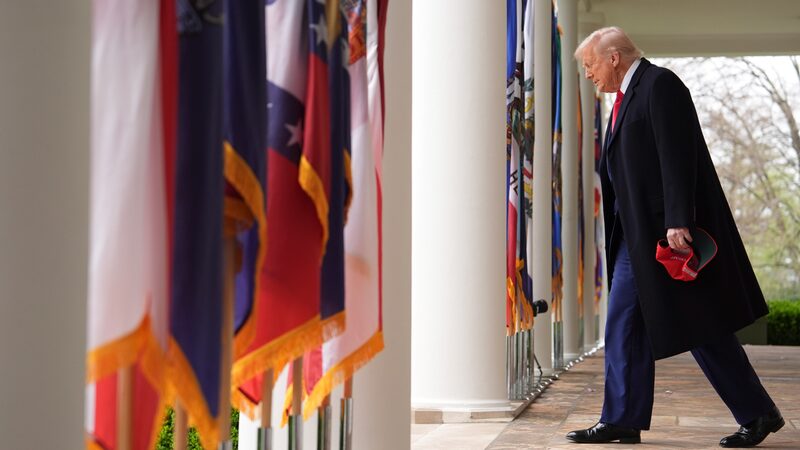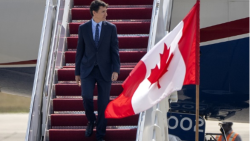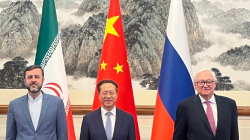New tariffs introduced by the United States are raising questions about potential shifts in the global economy. With the U.S. imposing “reciprocal tariffs” on numerous countries, experts are debating whether these actions could trigger structural changes that affect economies worldwide.
Governments and businesses around the globe are watching closely as trade tensions escalate. Dmitry Medvedev, deputy chairman of the Russian Security Council, noted that these sweeping tariffs have plunged the global trade system into a highly challenging situation.
Global Impact and Concerns
While some countries like Russia have not been directly affected due to existing sanctions limiting trade, the broader implications are significant. The new tariffs could lead to a rise in global inflation, slow down economic growth, and even spark a global recession. Such developments might result in higher unemployment rates and declining real incomes, impacting people across the world.
“If a decision by one man can undermine economic stability in the whole world in such a profound way, it means there is something seriously wrong with how the modern world economic order is functioning,” said Medvedev.
Dependence on U.S. Markets
The situation highlights the heavy dependence many countries have on U.S. markets and financial institutions. This reliance makes economies vulnerable to sudden policy changes. The question arises: Is it time for the world to diversify and reduce its dependence on any single nation’s economic policies?
Looking Towards New Trade Paths
Medvedev suggested that “old trade chains will be broken, but new ones will emerge.” Countries might respond to these challenges by focusing on regional trade agreements, expanding multilateral trade within groups like BRICS and the Shanghai Cooperation Organization, and promoting regional integration projects.
Such steps could gradually reduce the asymmetrical dependence on the U.S. economy. While the road ahead may be difficult, with many obstacles to overcome, these changes could lead to a more balanced and resilient global economic system.
A Turning Point for Global Trade?
The new U.S. tariffs could be a catalyst for significant changes in how the global economy operates. By prompting countries to rethink their trade relationships and strategies, there is potential for a shift towards a more diversified and cooperative international economic landscape.
As the world navigates these changes, the coming years will be crucial in determining how economies adapt and whether these challenges can be turned into opportunities for growth and development.
Reference(s):
Can U.S. new tariffs trigger structural changes in global economy?
cgtn.com








